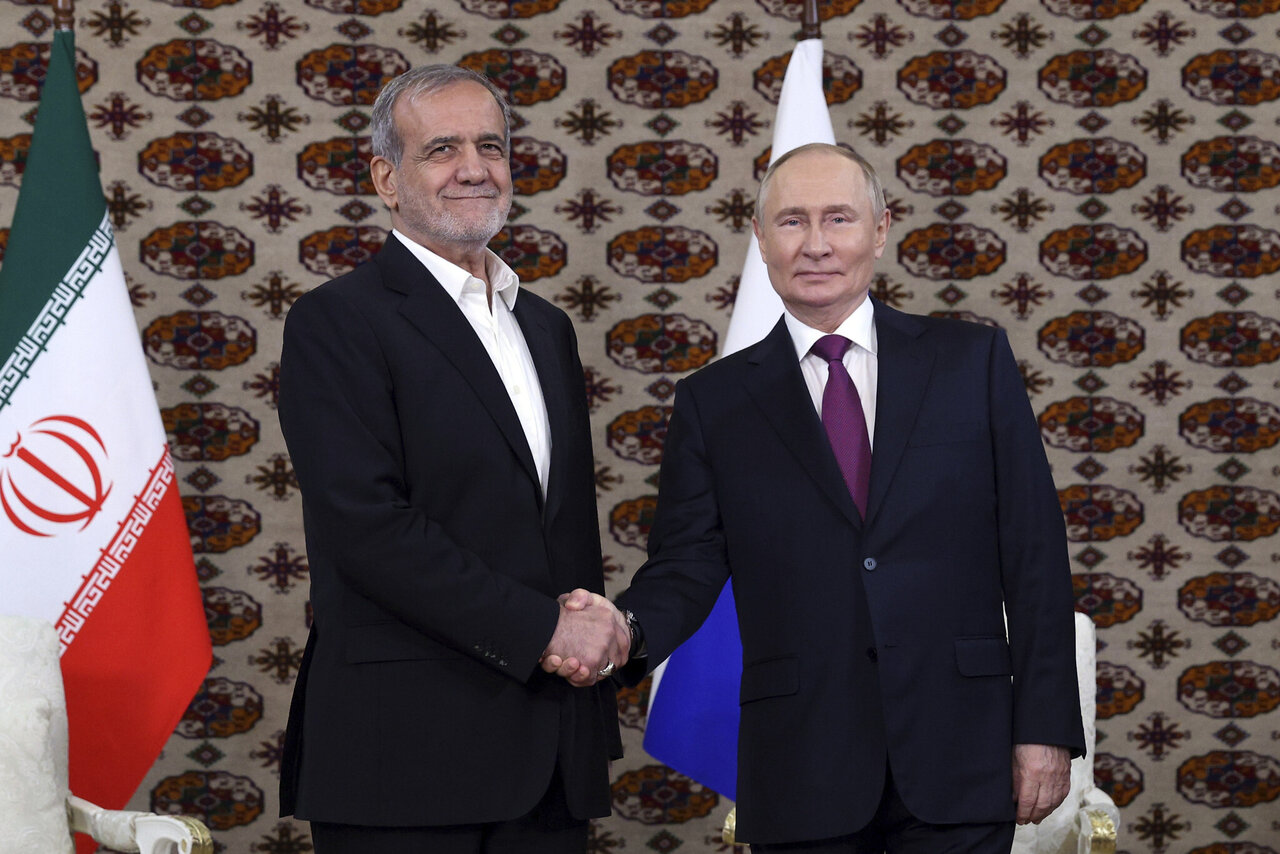Nothing hindering completion of Iran-Russia strategic agreement: envoy

TEHRAN – Iran and Russia are on track to finalize a comprehensive strategic cooperation treaty, as confirmed by Kazem Jalali, Iran’s Ambassador to Russia.
In an interview with the Russian news agency RIA Novosti on Tuesday, Jalali emphasized that there are no obstacles in reaching an agreement on a comprehensive strategic cooperation, noting that the necessary preparations are already in place.
While the specific date for the Iranian president's visit to Russia for the signing ceremony remains undecided, Jalali stated that both nations are actively coordinating to find an appropriate time for this significant diplomatic event.
Tehran and Moscow previously established a 20-year strategic agreement in 2001, encompassing collaboration across various sectors including industry, technology, security, energy, and the development of nuclear power plants.
This original pact was automatically extended for an additional five years in 2020, while both nations agreed to initiate the drafting of a new long-term strategic agreement.
Russian Foreign Minister Sergei Lavrov announced on November 1 that an updated agreement between Iran and Russia is anticipated to be finalized for signing soon, highlighting that this strategic partnership is a pivotal element in reinforcing the ties between the two countries and promoting peace and security both regionally and globally.
=====Strong ties unaffected by nuclear deal discussions
The Iranian ambassador also reiterated that the relations between Iran and Russia will remain strong, irrespective of any potential future nuclear agreement with European countries.
He stressed that the solid bond established through Iran and Russia's neighboring relationship and common interests ensures that “no foreign factor” will obstruct the development of their partnership and collaboration.
On Sunday, Iranian Foreign Minister Abbas Araghchi declared that Iran is willing to engage in discussions about the Joint Comprehensive Plan of Action (JCPOA), with potential negotiations with European countries on the horizon.
In alignment with this view, Majid Takht-Ravanchi, Iran’s deputy foreign minister for political affairs, expressed to the Financial Times on Monday that the JCPOA "could still serve as a foundation and be updated to reflect new realities."
Signed in 2015, the JCPOA involved Iran and the P5+1 nations—China, France, Russia, the U.K., the U.S., and Germany.
Donald Trump, who withdrew the U.S. from the nuclear deal in May 2018, has been elected as the 47th President of the United States and is set to assume office in January 2025.
Leave a Comment